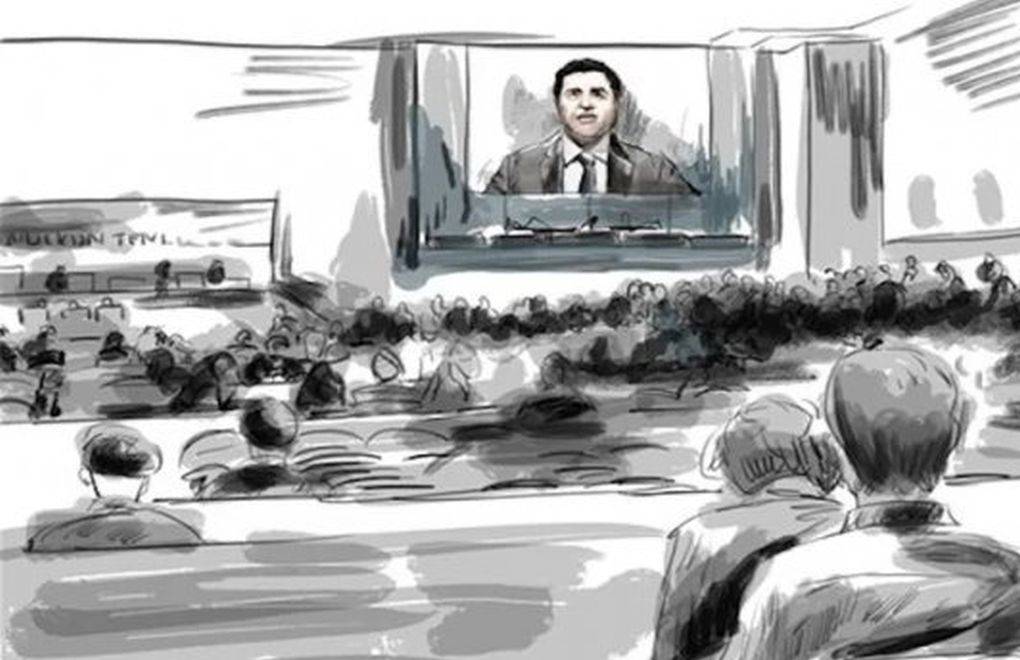Constitutional Court says deportation of Protestants based on intelligence report is "not a violation with freedom of religion"

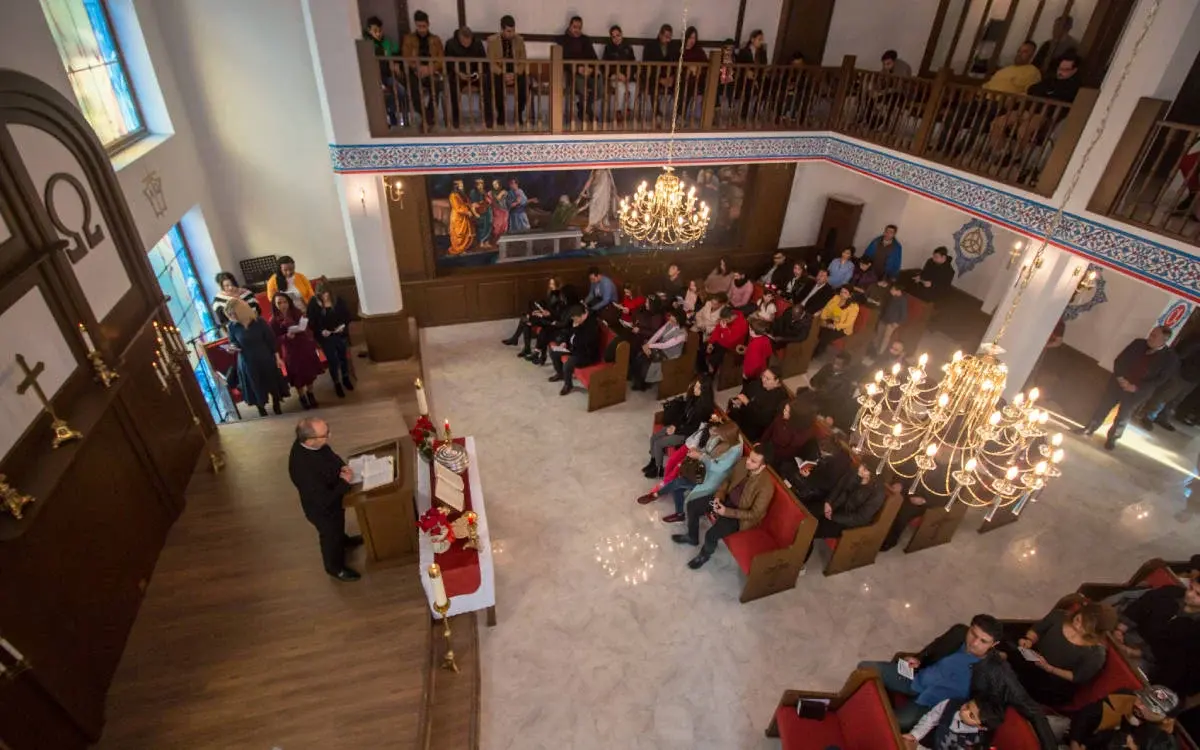
The Constitutional Court did not find a "violation" in the application regarding the ban on protesting clerics from living in Turkey and entering the country.
“In a democratic society based on pluralism, the duty of the state is not to accept that some of the various worldviews or beliefs are ‘wrong’, but to take the necessary measures for individuals to live following their worldviews and beliefs,” commented Zühtü Arslan, former President of the Constitutional Court.
Since 2019, 250 Protestants have been deported or denied visas on “security grounds”. Among them are US citizens A.J.K., B.C.M., H.F., and M.V.B.
While the Protestants were legally residing in Turkey, the Directorate of Migration Management applied the N-82 restriction code, which means that their entry into the country is subject to prior authorization.
Decisions to enforce the code were made on the grounds of public order, security or health, in line with reports by the National Intelligence Organization (MIT) describing "missionary activity". Residence permits were revoked, deportation orders were issued against some of them, and those who went abroad for vacation could not re-enter Turkey.
The religious officials then took the matter to the judiciary. The first and second degree court ruling stated that the decision was “not an action to completely ban the applicant from entering Turkey, and that it was possible for the applicant to enter Turkey with a special permit or visa suitable for the purpose obtained by applying in advance”. They rejected the application, stating that the decision was “in accordance with the law and procedure".
In response, Protestant religious officials took the case to the Constitutional Court, arguing that their freedom of religion and freedom to settle had been violated.
Appeal fails at the highest court
Examining the case, the Constitutional Court's General Assembly argued that “it is possible to intervene proportionately in cases where activities carried out under the name of missionary activities endanger public order, security, the rights and freedoms of others or some other values that will outweigh in balancing.”
Therefore, it concluded that “the application of the N-82 restriction code, the revocation of the residence permit, and the deportation order do not constitute an interference in the external sphere of religious freedoms.”
The applicants have no complaint that they faced any obstacles or discriminatory treatment in the exercise of their religious beliefs while living in Turkey.
It should also be taken into account that the applicants H.F. and M.V.B., to whom the N-82 restriction code was applied, left Turkey voluntarily, while the applicants A.J.K. and J.L.L. are still in Turkey.
Since it is clear that there is no interference with freedom of religion, this part of the application must be declared inadmissible as manifestly ill-founded.
Former Constitutional Court President expressed dissenting opinion
The Constitutional Court decided with a majority of votes. Some members formulated dissenting opinions. The Constitutional Court’s former President Zühtü Arslan reminded that freedom of religion is guaranteed by Article 24 of the Constitution.
Stating that freedom of religion is an indispensable element of a democratic society, he said: “In a democratic society based on pluralism, the duty of the state is not to accept that some of the various worldviews or beliefs are "wrong", but to take the necessary measures to enable individuals to live following their worldviews and beliefs.”
Stating that freedom of religion is not absolute and can be limited, Arslan said: “Not every interference with freedom of religion will constitute a violation. According to Article 13 of the Constitution, any interference with fundamental rights and freedoms must be made by law, must have a legitimate aim, and must comply with the requirements of the democratic social order and the principle of proportionality."
Under certain conditions, missionary activities may be restricted. At this point, public authorities are expected to demonstrate, on relevant and sufficient grounds, that these activities threaten public order and security.
In the present case, at no stage did the administration and the courts provide a concrete explanation as to why and how the applicants' activities posed a danger to public order, public safety and public health. The public authorities found the activities aimed at the propagation of a religion other than the majority religion unacceptable in abstract and categorical terms.
Therefore, it is understood that the public authorities provided no relevant and sufficient justification for the acts constituting a restriction, nor was an effective judicial review carried out against them.
Protestants in Turkey
Today there are thought to be more than 8,000 Protestants in Turkey, mostly ethnic Turks. They also have more than 170 churches or congregations, mostly in Istanbul, Ankara and Izmir.
In 2009, they founded the Association of Protestant Churches. They aim to "be a sharing, representation and solidarity organization" of Protestants across Turkey, "to provide an environment of unity and cooperation among churches" and "to monitor and determine the legal position of Protestant churches before the laws of the Republic of Turkey".
The Association of Evangelical (Protestant) Churches in Turkey is also working on a federation to enable Protestants to be recognized as interlocutors by the state.
Protestants in Turkey do not yet have the opportunity to train their own clergy within the Turkish national education system. For this reason, some churches are led by foreign pastors (Protestant spiritual leaders).
According to the latest report by the Association of Protestant Churches from 2023, most of the 33 religious workers were marked with the code N-82, which means "foreigner whose entry is subject to prior authorization", and the rest with the code G-87, which means "person who may pose a danger to general security". The religious officials were then either forced to leave Turkey or were not allowed to reenter the country.
In addition, according to the association's reports, 250 people have been prevented from entering Turkey, denied residence permits or deported since 2019.
(HA/DT)
Lawyer Selçuk Kozağaçlı detained one day after release
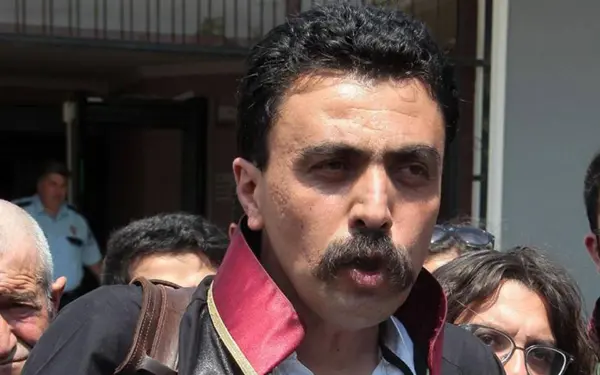
Prosecutor seeks prison terms for journalists who covered İmamoğlu protests
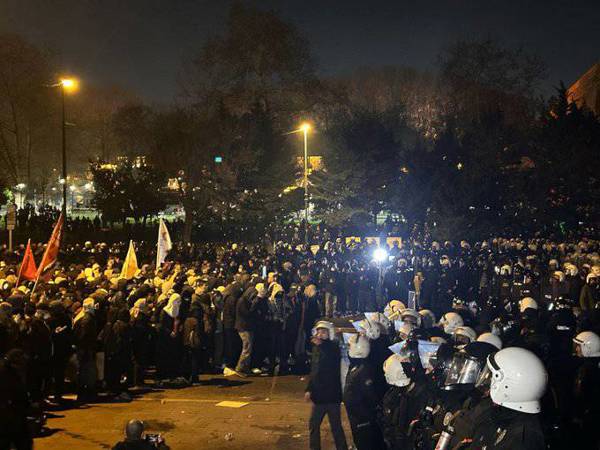
Journalists' union denied visit to jailed reporter Elif Akgül

İzmir coal-fired plant continues operations despite court ruling
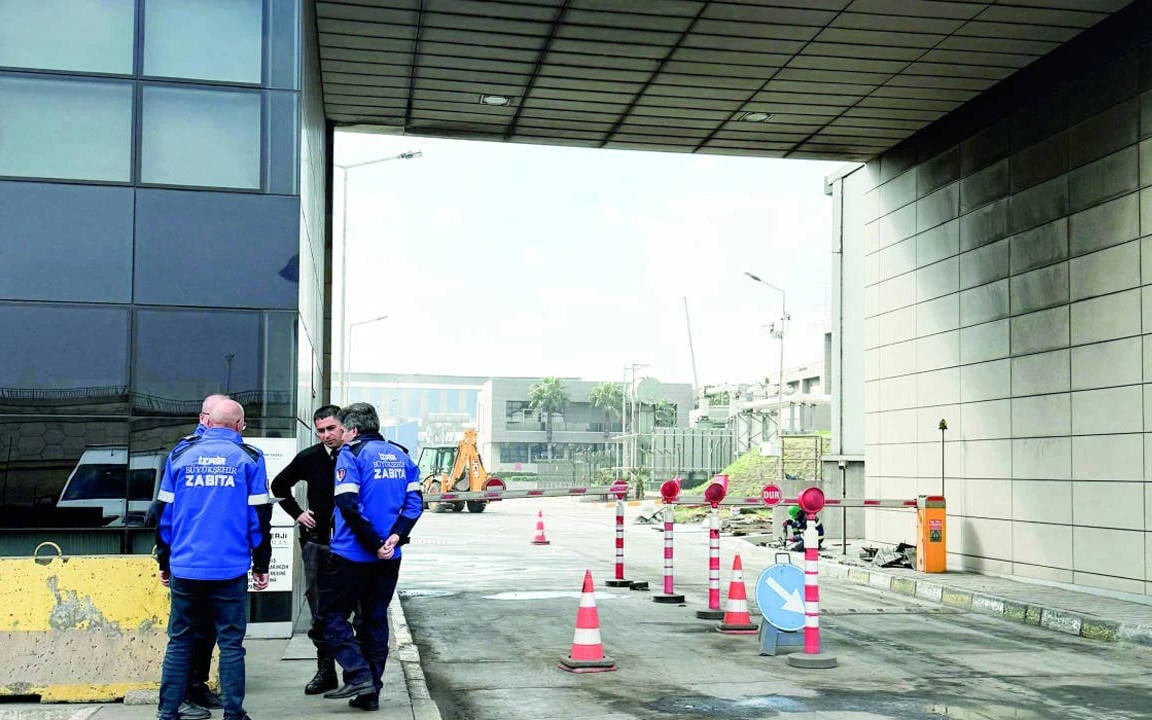
Executive of pro-Kurdish news agency faces trial for exposing informant’s identity
